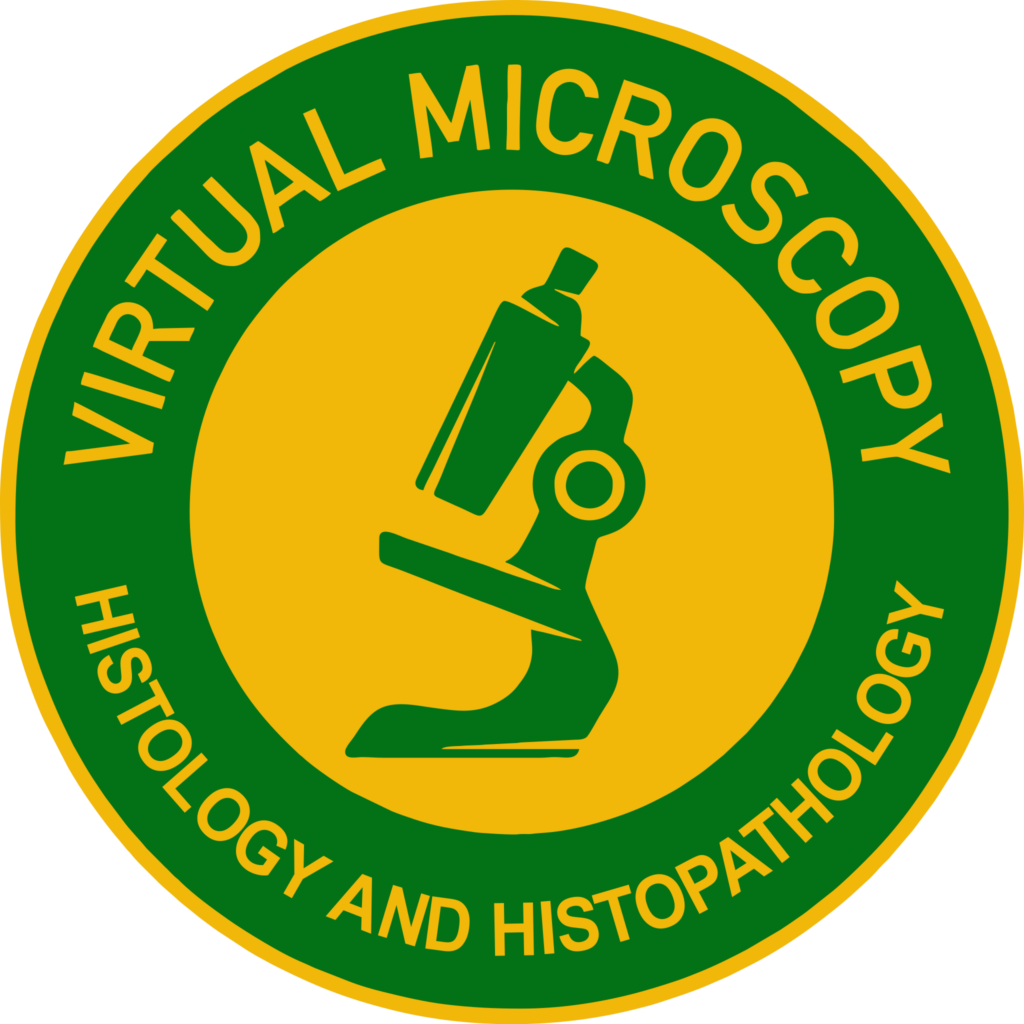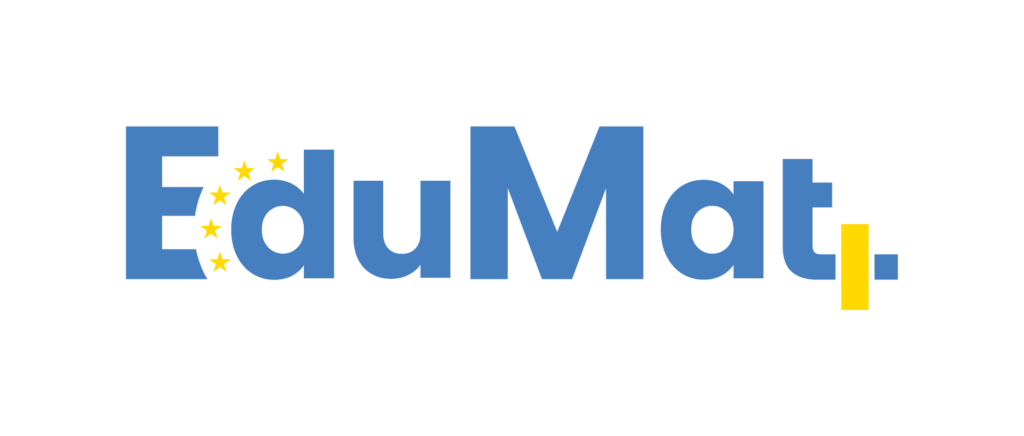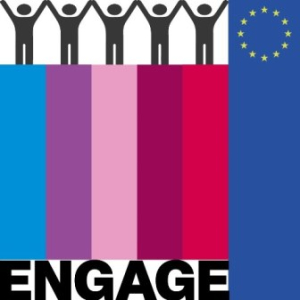Home
Now that so many classrooms across the world have moved totally or partially online, to stop the spread of COVID-19, children of all ages are spending a lot more time in the virtual world. They are using social media & apps more frequently than in the past. Although there is much good that can come from these online interactions, they are not without risks. According to L1ght, an organization that monitors online harassment & hate speech, there has been a 70% increase in cyberbullying in just a matter of months, from 4%–72%. They also found a 40% increase in toxicity on online gaming platforms, a 900% increase in hate speech & a 200% increase in traffic to hate sites.
Prepared or not prepared, teachers and students (and parents) are forced to use online platforms for learning. The TECPC project raises an alarm about digital education readiness; teachers & educational systems are very focused on how to learn in short time how to make the education to survive through the use of hybrid & digital platforms teaching, but they eliminate the risks to the huge exposure to the online life. Unfortunately more time online creates more opportunities for harassment.
The project will support the practice of digital competences of teachers and school counsellors, including the development and use of an open educational platform with an open course and free and open source educational software for learning about the cyberbullying. The project will promote innovative methods and tools for teaching, training, and learning about the benefits of the fight against cyberbullying in order to promote an inclusive education, non-violent attitudes and a netiquette in digital communication and learning. The TECPC project will train the teachers, school counsellors and parents to be involved in the online life of their children and how to transform the internet in a safe and advantage place for the teaching-learning process.
The TECPC project is a comprehensive approach to address the prevention, recognition and intervention of online harassment against its cruel social, psychological-medical & educational impact for children & teens. The project empower educators, counsellors, parents, students, from the primary to secondary education level, with knowledge of how to prevent & respond to cyberbullying in the digital era, by providing specialised guidance, training & proactively engage the actors in educational games & activities to learn about signs of cyberbullying & how to approach different situations in case.

Cyberbullying in educational context
Magdalena Iorga (coordinator)
ISBN: 978-606-714-741-4
Pages: 342
Findings of the TECPC PROJECT – Together Everyone can Prevent Cyberbullying (KA2 Erasmus+ Strategic partnership Digital Education Readiness, 2020-1-RO01-KA226-SCH-095269)
Review the book on www.editura.uaic.ro or here
Recommended projects

The READy project https://readyreading.eu/index.php
The project aims to establish a transnational universities-school partnership to tackle reading and writing disadvantages throughout Europe, particularly in contexts with a high socio-cultural complexity.
The READy project is funded, by the European Commission through the Italian National Agency for the Erasmus+ Programme. Project Number: 2024-1-IT02-KA220-SCH-000250672

The CAMPS project https://camps.pixel-online.org/index.php
The CAMPS project intends to develop a greater and sound awareness of the importance of CLIL methodology for primary schools, as language studies have been increasingly proving that foreign languages can be more easily learned at a younger age, and so it seems to be for foreign languages learned/taught through CLIL methodology.
The CAMPS project is funded, by the European Commission through the Spanish National Agency for the Erasmus+ Programme. Project Number: 2022-1-ES01-KA220-SCH-000087951

The VM3.0 project https://vm.projects.umfiasi.ro/
Digital transformation of Histology and Histopathology by Virtual Microscopy (VM) for an innovative medical school curriculum. Implementation of digital/virtual microscopy (VM)/ whole slide imaging (WSI) opens new possibilities for training and increases the quality of undergraduate and postgraduate students’ knowledge in histology and histopathology during COVID-19 pandemic and post-pandemic period.
The VM3.0 project is funded, by the European Commission through the Erasmus+ Programme. Project Reference Number: 2022-1-RO01-KA220-HED- 000089017

The EduMat+ project https://www.edumatproject.eu/index.php
The European project entitled EDUMAT+ – Augmented Educational Mat: an infographic puzzle MATS for learning STEAM by coding for primary schools has been written and coordinated by the project applicant CISL Scuola e Formazione (Italy) and the scientific coordinator, Università La Sapienza, in cooperation with Pixel, also supporting the coordination of the planning process. The EDUMAT+ project has the aim to provide teachers of primary schools with educational methodological supports to teach coding and STEAM.
The EduMat project is funded, by the European Commission through the Erasmus+ Programme. Project Reference Number: 2023-1-IT02-KA220-SCH-000157934.

The ENGAGE project https://engage.pixel-online.org/index.php
The ENGAGE project has the aim to address the lack of preparation of the school community, considered as a whole (i.e. students, teachers, headmasters, counsellors and families) in identifying, preventing and tackling student disengagement and implicit school dropout at middle school level (student age 11 to 13) according to an holistic approach overcoming the identified main causes of the phenomenon: insufficient personalization and consideration of emotional needs, inadequate support systems, relevance of the educational offer, high-stakes testing pressure, mismatched learning styles, social isolation, socioeconomic disparities etc.
The ENGAGE project is funded, by the European Commission through the Erasmus+ Programme. Project Reference Number: 2024-1-IT02-KA220-SCH-000249540.






